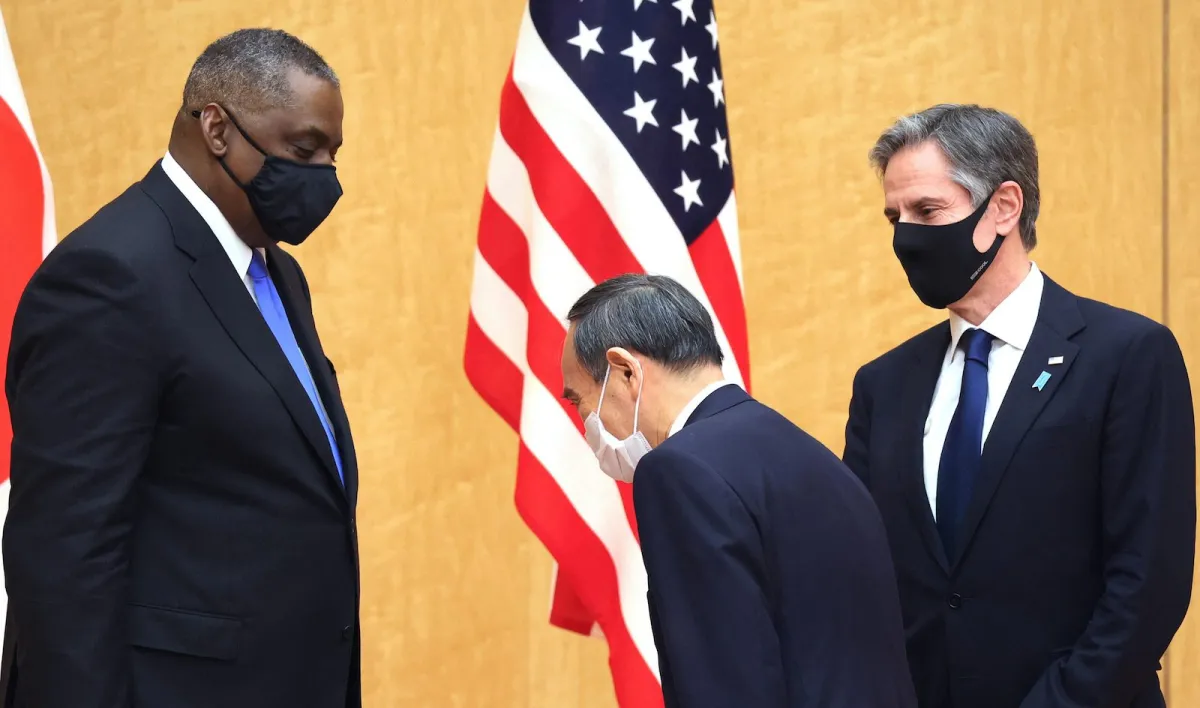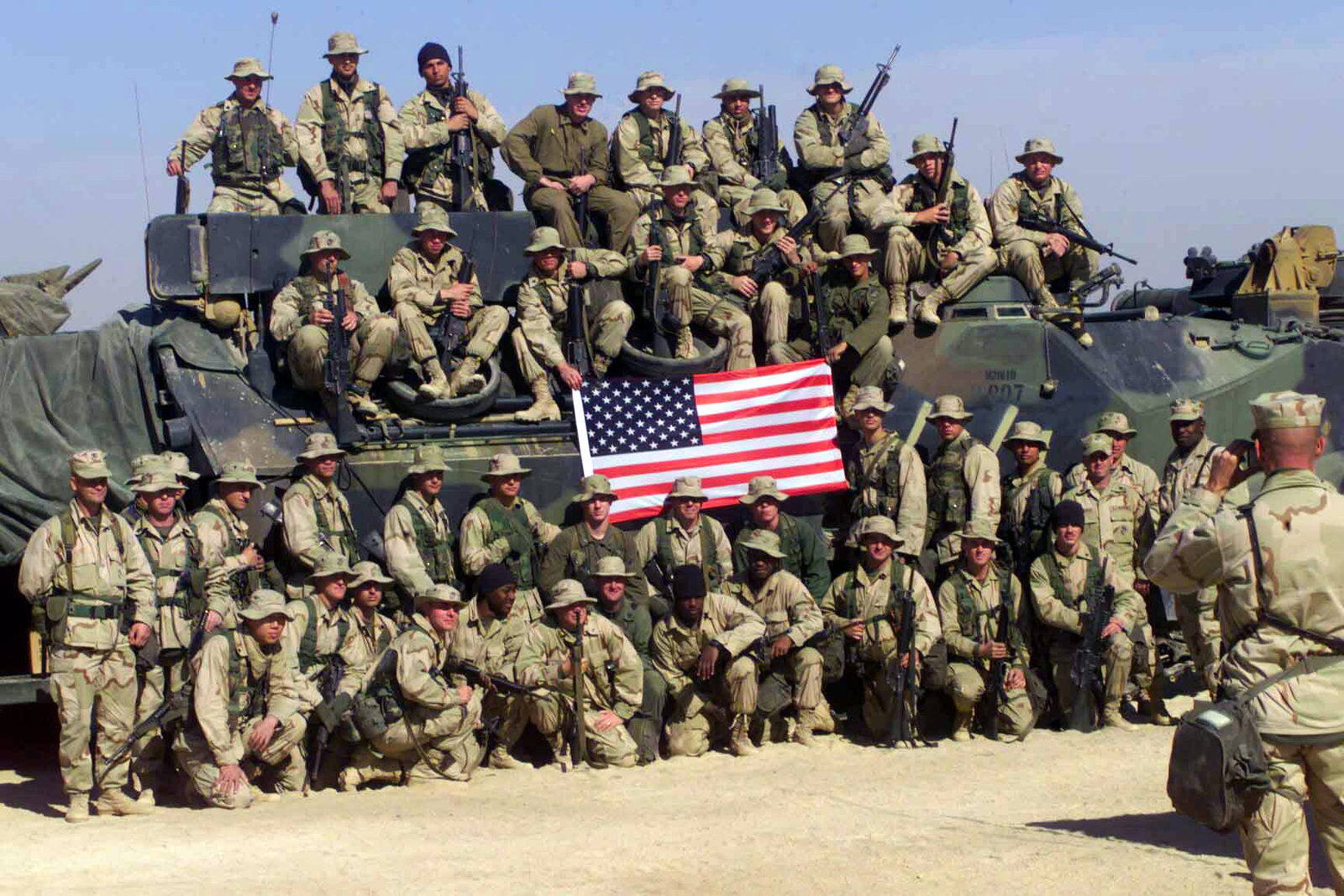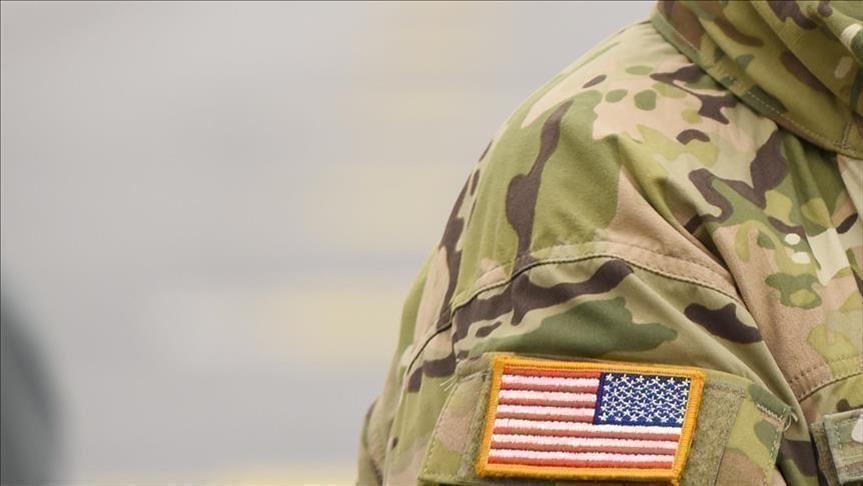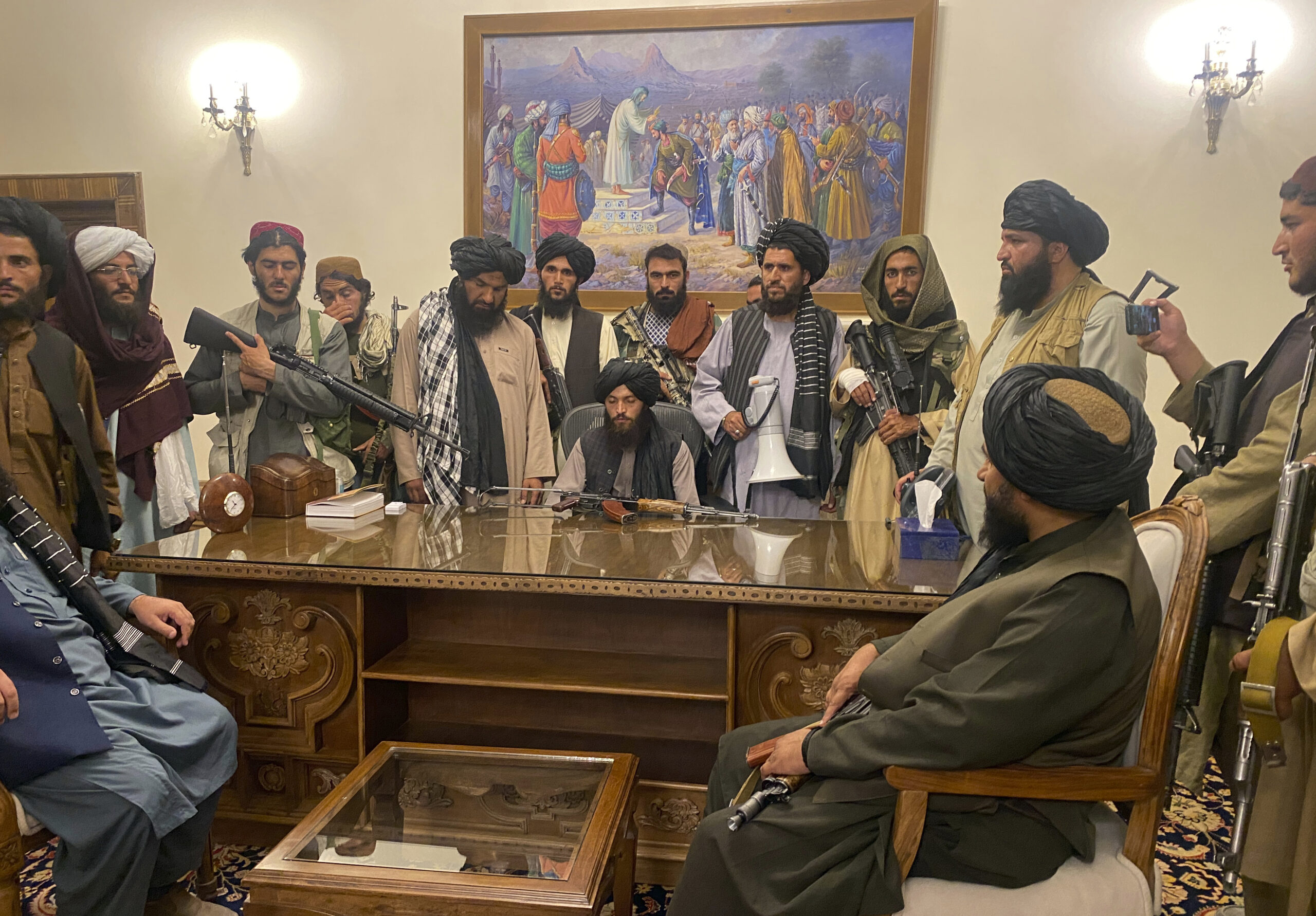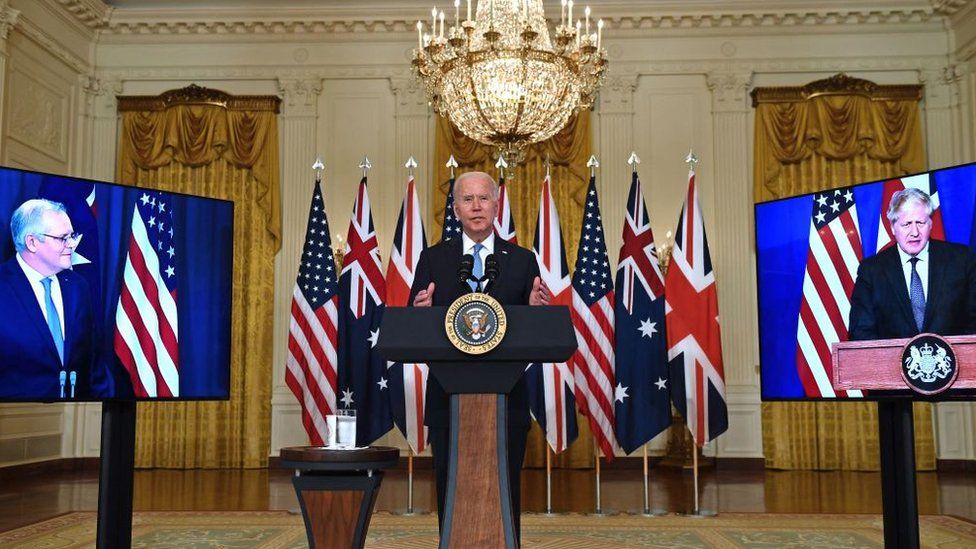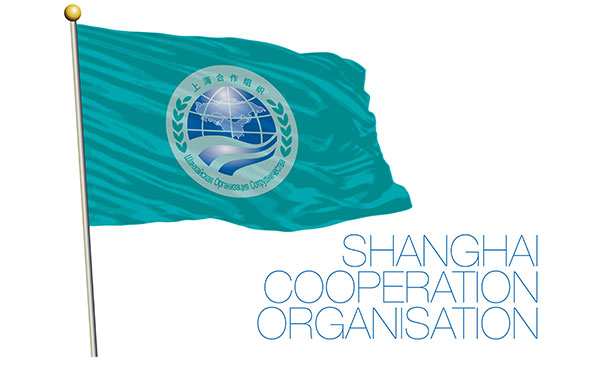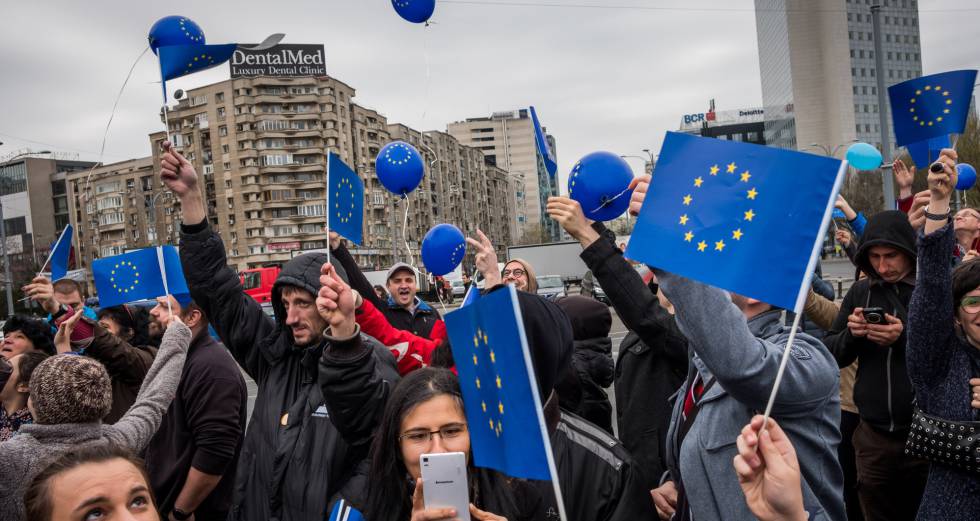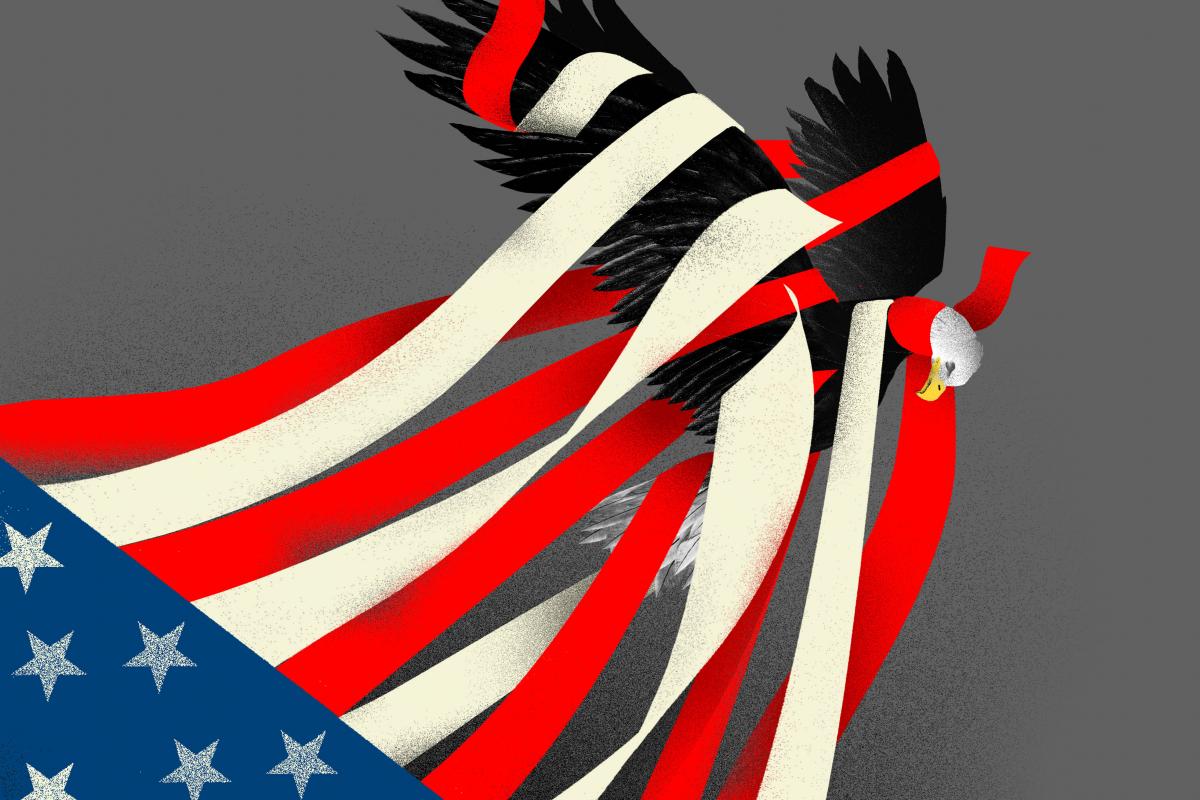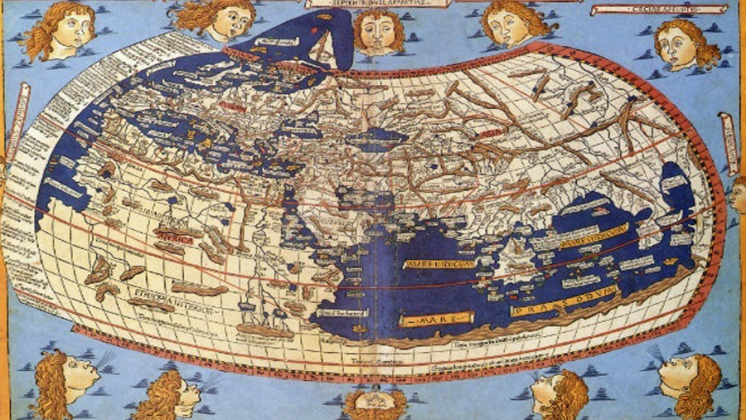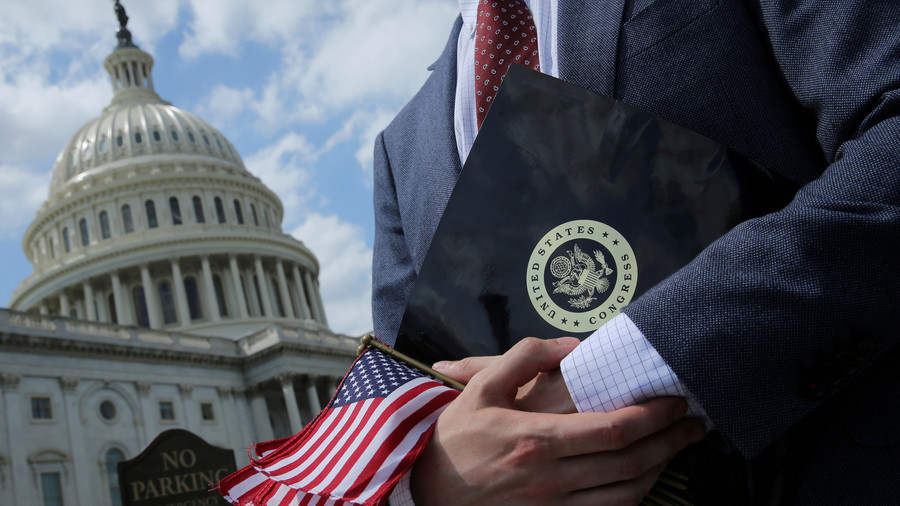Japan’s role in US foreign policy to confront China
BY: Pooya Mirzaei PEJOURNAL - In their political culture, especially after the defeat and surrender of the First and Second World Wars, the Japanese did not seek security by military means alone; Considering political militarism in cooperation with the United States; And because of the historical consequences of the two world wars; Despite US nuclear and non-nuclear guarantees, Tokyo is pursuing a national security strategy through other means, such as gaining the trust of other Asian powers, and through economic aid, trade and diplomacy; And in this area, it has made significant achievements. Public opinion in the region also indicates…
